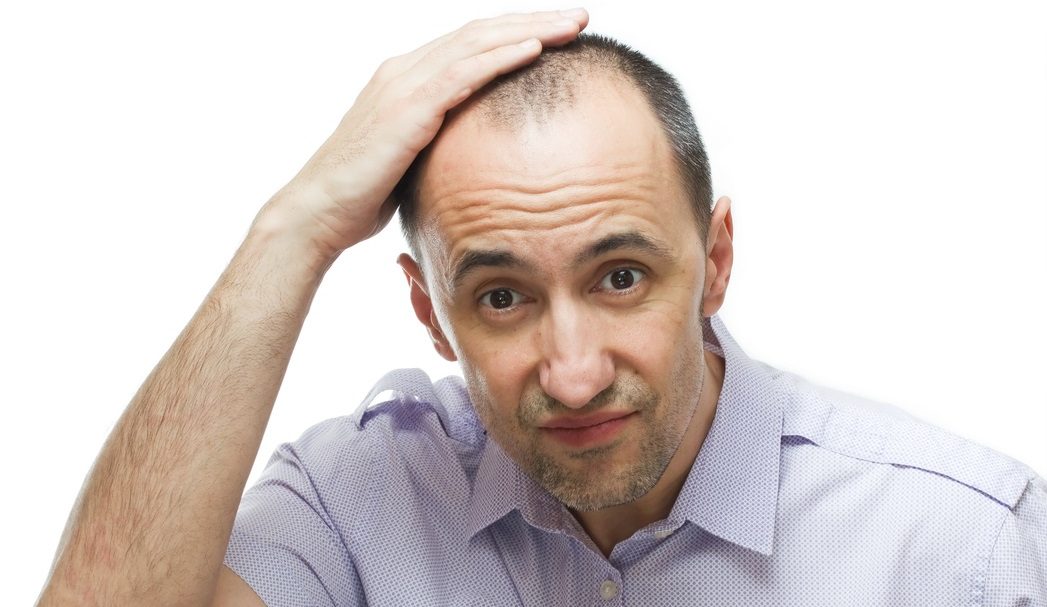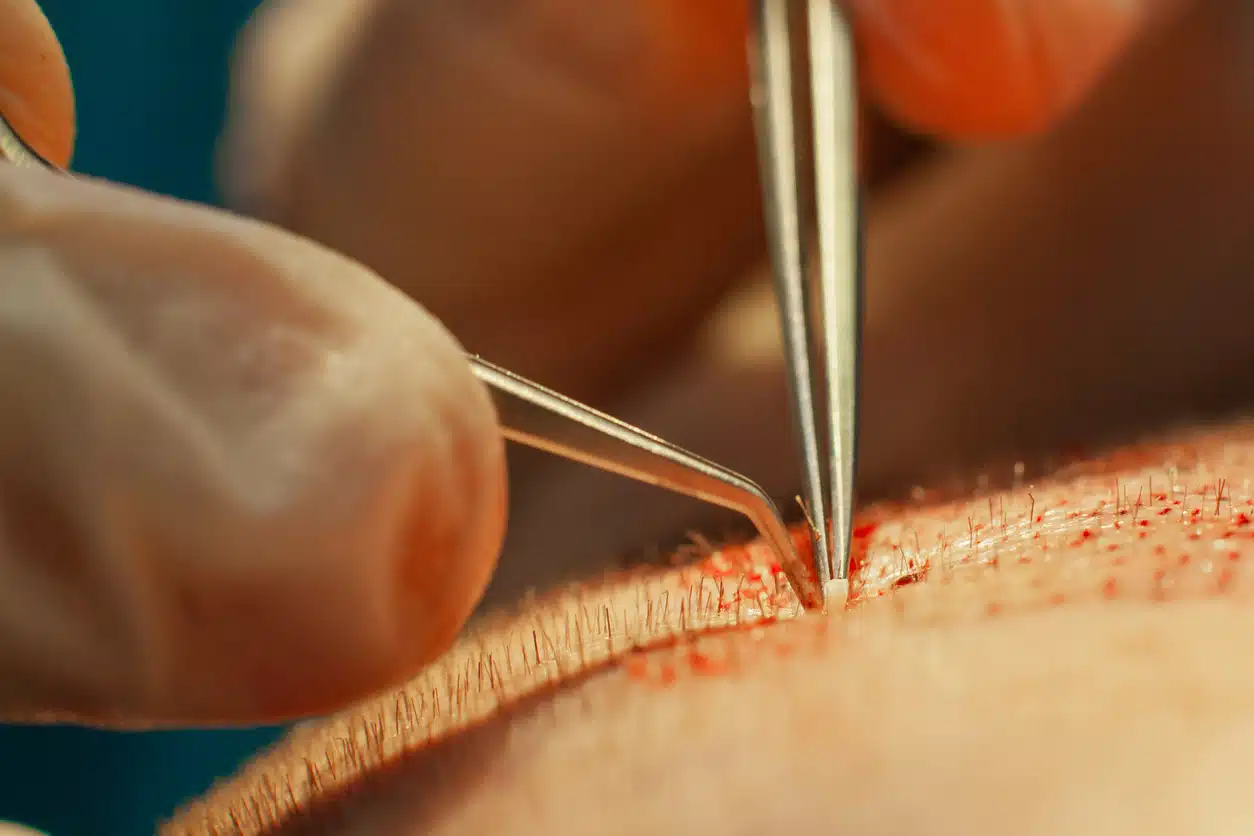Hair loss is a common concern that affects millions of people worldwide. Whether it’s thinning hair, receding hairlines, or bald patches, the impact of hair loss can be significant, leading to decreased self-confidence and emotional distress. Understanding the causes of hair loss and implementing preventive measures can help maintain healthy hair and prevent further loss. In this article, we will delve into the causes of hair loss and provide expert insights on effective prevention strategies.
Genetic Factors: Genetics play a significant role in hair loss. Androgenetic alopecia, also known as male or female pattern baldness, is the most common type of hair loss and is influenced by inherited genes. In men, this condition typically leads to a receding hairline and thinning hair on the crown, while women may experience overall thinning of the hair. Understanding your family history of hair loss can help predict your risk and enable early preventive measures.
Hormonal Imbalances: Hormonal imbalances can contribute to hair loss. Conditions such as polycystic ovary syndrome (PCOS) in women and hormonal changes in menopause can disrupt the normal hair growth cycle. Hormones such as dihydrotestosterone (DHT) can shrink hair follicles, leading to progressive hair thinning. Consulting with a healthcare professional and addressing any underlying hormonal imbalances can help prevent and manage hair loss.
Nutritional Deficiencies: Poor nutrition can impact hair health and contribute to hair loss. A diet lacking essential nutrients, such as iron, zinc, vitamins A, C, D, and E, and protein can weaken hair follicles and hinder their ability to produce healthy hair. Consuming a well-balanced diet that includes a variety of fruits, vegetables, lean proteins, and whole grains can provide the necessary nutrients for healthy hair growth.
Stress and Lifestyle Factors: High levels of stress can disrupt the hair growth cycle and lead to excessive hair shedding. Chronic stress can contribute to conditions such as telogen effluvium, where hair follicles enter a resting phase and then shed more than usual. Incorporating stress management techniques, such as exercise, meditation, and adequate sleep, can help maintain a healthy hair growth cycle. Additionally, excessive styling, heat treatments, and harsh chemical products can damage hair and contribute to hair loss. Adopting gentle hair care practices and minimising exposure to damaging factors can help prevent further hair loss.
Medical Conditions and Medications: Certain medical conditions and medications can cause hair loss as a side effect. Autoimmune diseases like alopecia areata, thyroid disorders, and scalp infections can all lead to hair loss. Furthermore, medications used to treat conditions like cancer, arthritis, depression, and high blood pressure may also have hair loss as a potential side effect. It is essential to discuss any concerns about hair loss with a healthcare professional who can assess the underlying cause and explore alternative medications or treatment options if necessary.
Trauma and Hairstyling: Physical trauma, such as hair pulling or tight hairstyles like braids or ponytails, can damage hair follicles and lead to traction alopecia. This condition is characterised by hair loss along the hairline or in areas where tension is applied. Avoiding excessive tension and allowing hair to rest between styling can help prevent this type of hair loss.
Prevention Strategies: While not all causes of hair loss can be prevented, there are proactive steps you can take to promote healthy hair and minimise further loss. Here are some expert-recommended prevention strategies:
Maintain a balanced diet rich in essential nutrients for hair health.
Practice stress management techniques to minimise hair loss associated with stress.
Avoid harsh chemical treatments and minimise heat styling.
Be gentle when handling wet hair, as it is more susceptible to damage.
Use a wide-toothed comb or a brush with soft bristles to avoid unnecessary hair breakage.
Avoid tight hairstyles that pull on the hair.
Consult with a healthcare professional to address any underlying medical conditions or hormonal imbalances.
Consider using hair care products that promote hair growth and prevent further loss, such as those containing minoxidil or finasteride.
In conclusion, understanding the causes of hair loss and implementing preventive measures are essential for maintaining healthy hair. Genetic factors, hormonal imbalances, nutritional deficiencies, lifestyle factors, medical conditions, and medications can all contribute to hair loss. By adopting healthy habits, seeking professional guidance, and addressing any underlying issues, you can take proactive steps to prevent hair loss and promote optimal hair health. Remember, early intervention is key, so don’t hesitate to seek the advice of a hair doctor if you’re concerned about hair loss.





